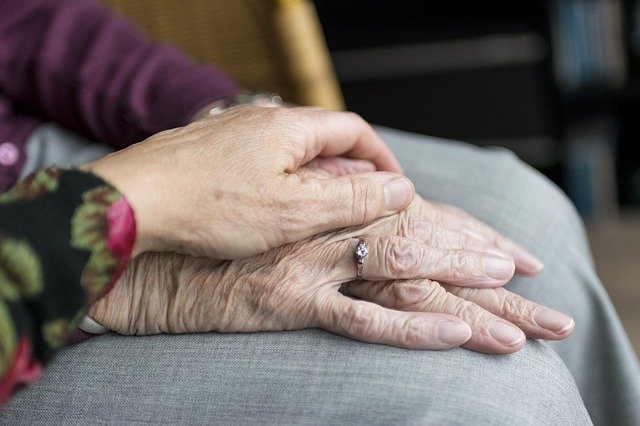How to save up to £975,000 on your inheritance tax bill
 Everyone enjoys a saving on a tax bill, but the complexity surrounding the many different types of taxes and how they are calculated can make it incredibly difficult for people to understand how the tax system works.
Everyone enjoys a saving on a tax bill, but the complexity surrounding the many different types of taxes and how they are calculated can make it incredibly difficult for people to understand how the tax system works.
One area of tax in particular that can be difficult to grasp is inheritance tax.
In the UK, every individual has a personal Inheritance Tax (IHT) allowance of £325,000, known as the nil rate band. This means that there is no tax to pay on the first £325,000 of inheritance income. However, anything received above this amount is subject to 40% inheritance tax.
There is an additional property tax allowance of £175,000 when a family home is passed on to direct descendants.
Married couples and civil partners are able to combine their IHT allowance, which allows them to pass on as much as £1m completely tax-free.
That is all well and good for those in a partnership, but with the right inheritance tax knowledge, it is possible for individuals to receive almost the same amount of tax-free protection.
Combining inheritance tax allowances
Once upon a time, spouses would use IHT-exempt discretionary trusts to avoid inheritance tax on their estate. This was before they could combine their IHT tax allowances. These trusts were often known as “nil-rate band trusts”, allowing them to protect up to £325,000 from the taxman when passing it on to their spouse upon their death.
Now that the allowances can be combined and transferred, the practice of discretionary trusts are no longer as popular. However, for widows who go on to remarry, they can still use a discretionary trust to give themselves an additional IHT allowance of £325,000. This greatly benefits people who have unfortunately lost their partner, but who would like to remarry later down the line.
So, how can this play out in a real-life situation?
Here’s an example….
How to save on inheritance tax
Alice and Tony are a married couple. Tony passes away and several years later, Alice meets David, and they eventually decide to marry. There are no children involved, therefore, the family home allowance does not apply in this situation.
When Tony passed away, he left Alice his full basic allowance, providing her with a total of £650,000 IHT protection (Tony’s £325,000 allowance plus Alice’s £325,000 allowance equals £650,000 in total). Alice places this £625,000 allowance into a discretionary trust for David. If Alice passes away before David, he can add this sum to his own £325,000 allowance.
David also places his own £325,000 allowance into a discretionary trust, meaning Alice can add his £325,000 allowance to her own allowance if David was to pass away before her. Now whichever spouse survives, they will receive an IHT free allowance of £975,000.
Furthermore, beneficiaries are able to use this tactic retrospectively through the use of a legal document known as a deed of variation. Beneficiaries can use the deed of variation up to two years after death to alter a will so that it becomes more tax efficient.
The recent boom in house prices has pushed the death tax in the UK to record highs, highlighting just how valuable it can be for people to be aware of the tax system tricks and allowances they are legally able to make use of.
Read: How can I legally avoid Inheritance Tax?
Do you need expert legal advice to deal with an estate? Perhaps you’re looking to write or amend a will to ensure your assets are distributed to your loved one’s as you see fit? If so, don’t hesitate to contact our team of legal experts here at Fonseca Law where we offer a comprehensive range of legal services. Contact us by calling 01495 303124, e-mailing enquiries@fonsecalaw.co.uk or by simply completing our online contact form.
